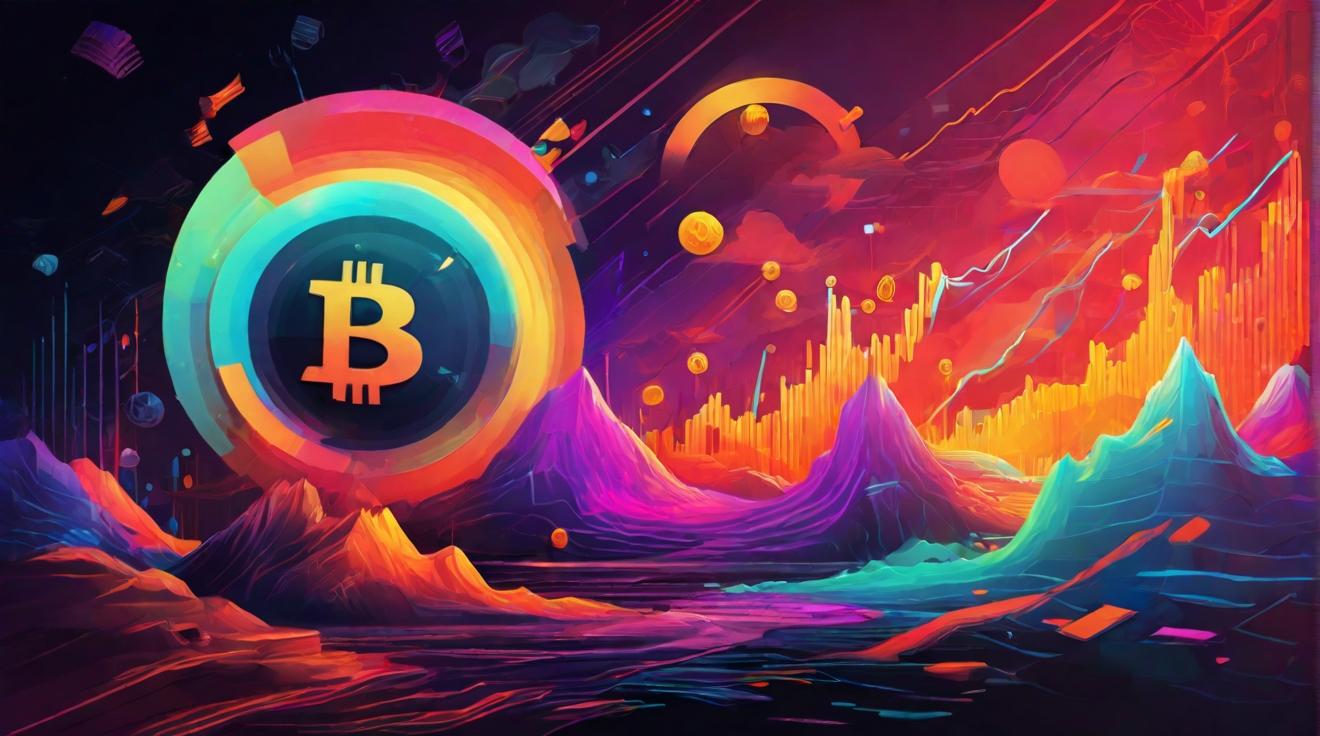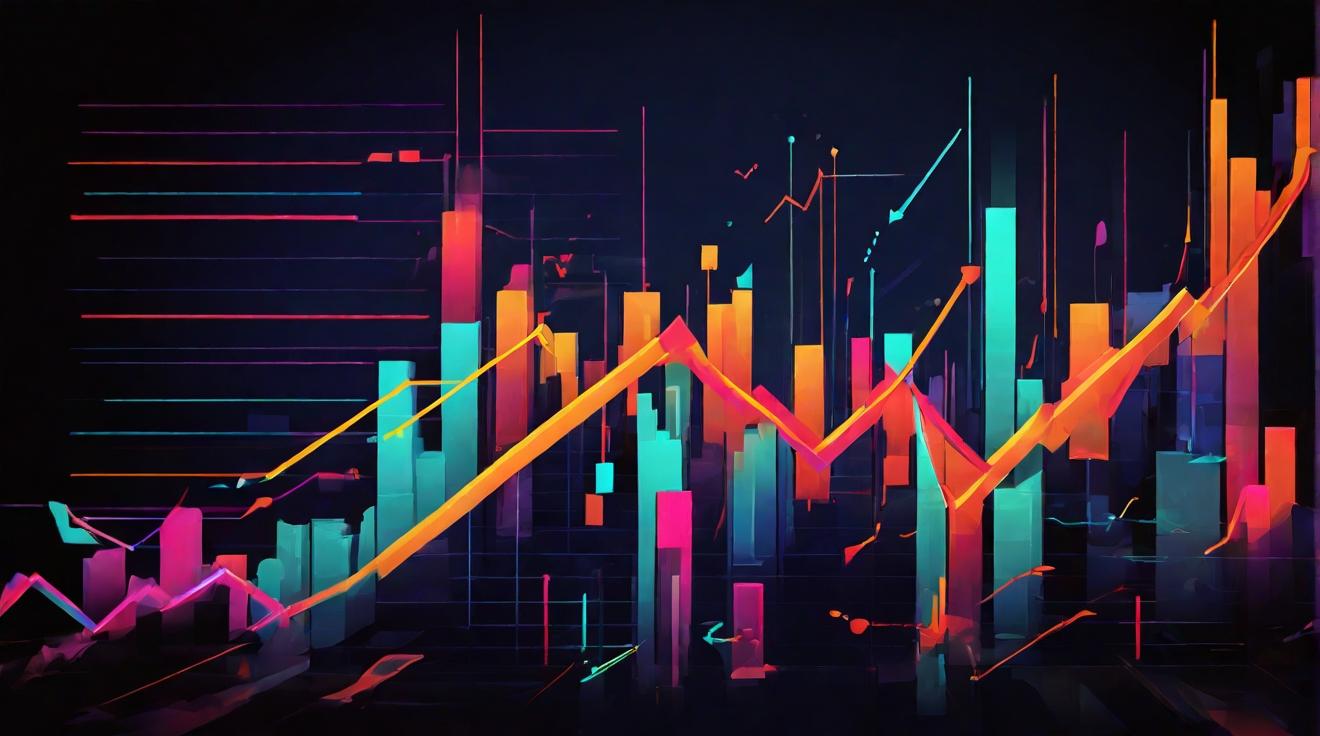Cryptocurrency and Gaming: Exploring the Intersection of Finance and Gaming
The Rise of In-Game Economies: How Cryptocurrency is Shaping the Gaming World
Cryptocurrency has revolutionized the gaming industry by introducing in-game economies. In the past, gamers would spend countless hours grinding for virtual currencies, such as gold or coins, which held no real-world value. However, with the emergence of cryptocurrencies like Bitcoin and Ethereum, gamers can now earn digital assets that have tangible worth. This has led to the rise of in-game economies, where players can buy and sell virtual goods using cryptocurrencies. These virtual economies have created new opportunities for gamers to monetize their skills and investments.
From Virtual Gold to Real-World Value: The Evolution of Gaming Currency
The evolution of gaming currency from virtual gold to cryptocurrencies has changed the way gamers interact with their in-game finances. In the past, gamers would accumulate virtual currencies, such as gold or coins, which could only be used within the game. However, with the advent of cryptocurrencies, gamers can now earn digital assets that can be exchanged for real-world money. This has allowed gamers to monetize their virtual achievements and investments, creating a new form of income for some players. Additionally, the use of cryptocurrencies in gaming has provided a level of security and transparency that traditional in-game currencies lacked.
Crypto-Gaming Platforms: Bridging the Gap Between Finance and Entertainment
Crypto-gaming platforms have emerged as a way to bridge the gap between finance and entertainment. These platforms allow gamers to earn and trade cryptocurrencies within a gaming environment. By integrating blockchain technology, these platforms provide secure and transparent transactions, ensuring that players can trust the value of their virtual assets. Additionally, crypto-gaming platforms offer new opportunities for gamers to interact with the financial world. For example, some platforms allow players to lend or borrow cryptocurrencies, creating a decentralized banking system within the gaming world.
The Impact of Blockchain Technology on Gaming: Revolutionizing In-Game Transactions
Blockchain technology has had a significant impact on gaming by revolutionizing in-game transactions. Traditionally, in-game transactions would require players to trust centralized systems to facilitate their trades. However, with blockchain technology, transactions are recorded on a decentralized and immutable ledger, ensuring that players can trust the authenticity and security of their trades. This has also led to the rise of non-fungible tokens (NFTs) in gaming. NFTs are unique digital assets that can be bought, sold, and traded on blockchain networks. This has opened up new possibilities for gamers to collect and trade rare and valuable digital items.
NFTs and Gaming: Exploring the Future of Collectibles in the Digital World
NFTs have become a hot topic in the gaming world, as they have the potential to revolutionize the way collectibles are bought and sold. With NFTs, gamers can own unique digital items, such as in-game skins or virtual real estate, that can be bought, sold, and traded on blockchain networks. This has created a new market for collectors, who can now own rare and valuable digital assets. Additionally, NFTs have the potential to provide new revenue streams for game developers, as they can earn royalties from the sales of their digital creations. The future of collectibles in the digital world is undoubtedly intertwined with NFTs and blockchain technology.
In conclusion, the intersection of cryptocurrency and gaming has created new opportunities for gamers to monetize their skills and investments. The rise of in-game economies and the evolution of gaming currency have changed the way gamers interact with their virtual finances. Crypto-gaming platforms have bridged the gap between finance and entertainment, while blockchain technology has revolutionized in-game transactions. NFTs have opened up new possibilities for collectors in the digital world. As the gaming industry continues to evolve, it will be fascinating to see how cryptocurrency and blockchain technology shape its future.













